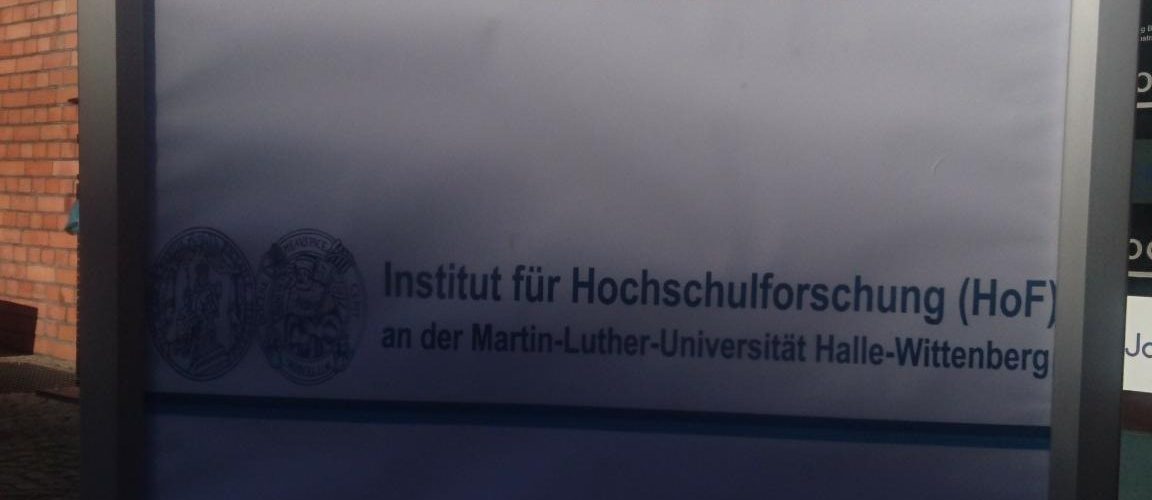A month ago to this day, I co-organised and participated in a discussion panel on the functions and limitations of advisory boards in the German science system. The HoF-Institute where I’m currently employed, brought together a dozen top brass of German research institutions (from the likes of the Max Planck-Society or the Helmholtz and Leibniz Association) to discuss our findings in the research project on Advisory boards and panels.
Preparations for that panel were a bit stressful, but in the end it was worth the effort: The people present were mostly in the mood to talk freely about the advantages and disadvantages of having or being part of advisory bodies, about differences between those and about possible (or necessary?) changes to the system of what one might call another form of systemic peer review.
Once again it became obvious how important personal contacts with people in the know are for doing qualitative social sciences — all the official numbers and all the available paperwork only gets you so far. Especially when academics are involved who are often highly aware of the importance of leaving just the right amount of papertrail behind their various activities.
The research project on advisory bodies is one of two projects coming to an end in these months, and I’m currently in the middle of writing articles, final reports and what-not. Finally, working on texts again! Yet, working roughly four texts at a time is a bit challenging, but I suppose there’s no better time of the year than winter for such tasks.

